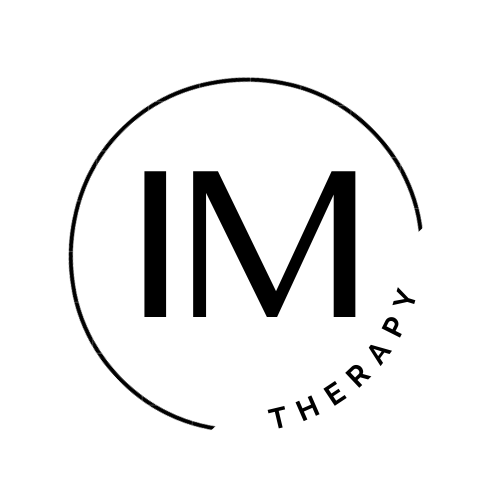
Since earlier this year, many of us have had to become tele-therapists overnight—the adjustment has been difficult for many of us. Most clinicians were probably providing speech and language services in a more traditional sense, i.e., face-to-face, and with some use of technology mostly in the form of tablets, an image on a cellphone, or a shared computer screen. With the unanticipated onset of COVID-19 we have quickly become keenly aware of the risks associated with being with or near others, especially in small environments—as a result, we were thrust into the world of therapy online. Teletherapy, or telehealth, has proven itself as a viable alternative to in-person therapy, especially when all users are proficient participants, timing is coordinated, and all of the technology is working well. However, when all is not working well or going smoothly with a therapy or an evaluation session there may be some things for us to consider. Cultural sensitivity has its place here as well. Here are some things to consider:
- Literacy
- Basic reading and writing skills are important for daily functioning. Some people may get by in a non-computer environment with some difficulty, they may learn to compensate, and/or have others assist them to complete tasks that require functional reading and writing skills–in an online environment, this difficulty can be magnified. As such, others’ reading and writing skills should not be taken for granted. Clinicians of all types that deliver services online should be mindful of this potential obstacle and do their best to work with the patient or family member that has trouble reading or writing so that services can be accessed. A solution may involve incorporating others that are trusted by the responsible party.
- Computer literacy
- Computer literacy is another skill we need to recognize as critical for online service delivery. Just as we clinicians adjusted to the difficult task of online therapy, our patients have had to do the same. In some instances, our patients and or family members had little to no use of technology to access services. We have all had to learn about new applications, platforms, websites–the list continues. A helpful idea here may be to take the time to work through the basic or most important features available before you need deliver the service–this can help alleviate stress for all involved and can contribute to a much smoother session.
- Technology available
- It is no secret that access to technology is equal for all. Some people have multiple devices such as computers, tablets, cellphones, and the like. Others may have only a phone available. Understanding what is available to families and adjusting your services is critical to providing your patients with quality service delivery.
- Internet reliability
- As with technology, not all of us have a solid, reliable internet connection. However, we can make adjustments as needed to improve the signal. For example:
- if you or your patient are on a mobile connection and you have a poor signal you should consider sitting closer to a window
- if you or your patient are on network connection and you have a poor signal you should consider the following:
- decrease the number of devices connecting to the network during therapy
- move your device closer to the modem and/or router
- connect your device to the modem or router
- reset your modem or router
- Work schedule
- some parents need to shift around on your schedule because they have to work
- as clinicians we need to understand and respect that parents have many responsibilities that involve more than the service we provide
- Other unknown or unidentified needs
- Life can be complicated and unpredictable for many–let’s be flexible and understanding
If you or someone you know needs the services of a licensed and certified speech-language pathologist, please be sure to discuss your concerns with a physician, a speech-language pathologist, or another qualified provider. You can also find a provider through the ASHA ProFind service or visit us at www.bilingualspeech.org for more information. Additional information on this topic can be found at stutteringhelp.org or at asha.org. NOTE: This article is intended only as a general source of information, i.e, it is not intended to replace information given to you by a qualified health professional that is familiar with your particular circumstances. Lastly, if you have an urgent medical need, please seek immediate medical attention.

